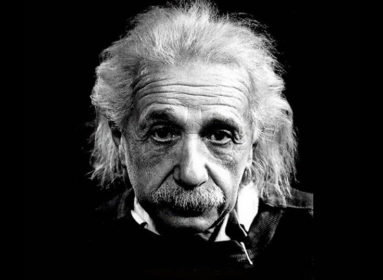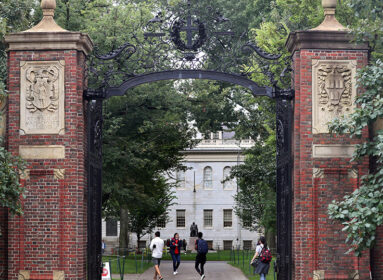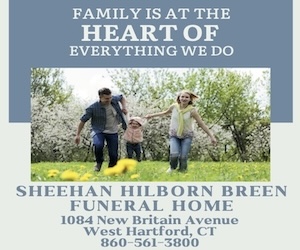
Dr. Andrew Gabow
Andy Gabow represents the third generation of his family to serve in the U.S. military. His paternal grandfather, a Russian-Jewish immigrant who came to New York in 1909, fought in World War I with the U.S. Army in France. Gabow’s father served during World War II with the U.S. Navy in both the Atlantic and Pacific Theaters.
“My dad always told me, ‘Don’t go in if you don’t have to,’” recalls Gabow, who wanted to be part of the military since his teenage years.
“I was too chicken to join after high school and college,” he says. But once the Long Island native entered New York Medical College in the mid-‘80s, he saw a way he could serve: as an officer in the Medical Service Corps Reserve Component.
Gabow earned his M.D. in 1988. After completing an internship in general surgery and a residency in orthopedic surgery, he was accepted into the Emmanuel B. Kaplan Fellowship in Hand Surgery at the Hospital for Joint Diseases, in New York.
“The hand is the microcosm of orthopedics,” he says.
After establishing his specialty, Gabow enlisted in the U.S. Army Reserves, 405th Combat Support Hospital, based in Middletown. As a Major, he served in Bosnia from March to September 1997 and in Kuwait and Iraq from September 2002 to May 2003.
“My father warned me of anti-Semitism in the military but my Jewishness didn’t come up,” he says. “I didn’t live his experience: he was an enlisted guy in the Navy, the lowest of the low, and he thought, ‘Not for my kids.’ When he would ask me, ‘Why are you doing this?’ I would just say, ‘because I have to.’ I needed to do it for whatever reason, but I can’t answer why. It’s just something I needed to do.”
Like many veterans, Gabow talks about the bond that forms under fire.

"What I brought home was the camaraderie. I miss the camaraderie."
“It doesn’t matter whether you believe in the actual conflict,” he says. “What I got out of my time in Iraq was about the guys I was with. You hear veterans say that ‘you do it for the guy next to you,’ and it’s true. I was working in the hospital and no one was shooting at me. The guys on the front lines are the real heroes, putting themselves in harm’s way. I can’t imagine the sense of brotherhood they must feel. What I brought home was the camaraderie. I miss the camaraderie.”
In Bosnia, Gabow performed both general orthopedics and hand surgery. Because of his work, the wounded could stay in-theater for treatment, instead of being moved to higher-echelon hospitals.
In his second tour of duty, he was the only orthopedist on staff until a second joined him to operate on leg wounds.
In both cases, he met many compatriots who felt the same about serving.
“We’re a volunteer service and there was a boatload of people when I went, including medical people, who were signing up,” he says. “Even internists who had gotten through medical school and felt they had to do this. We all joined up because we thought it was the right thing to do.”
There was a tinge of “M*A*S*H” in the Medical Service Corps, Gabow says, referring to the TV show he and other enlistees brought with them from childhood and patterned themselves after. “Like Trapper John, you can be a good surgeon but buck the system,” he says.
Three years after his second tour, Gabow’s father came around. “I called my parents on Memorial Day in 2006 and my dad got on the phone and told me that he and my mom had just seen the HBO documentary, ‘Baghdad ER,’” Gabow says. “My dad said, ‘Is that what you did? We’re really proud of you.’ I thought, ‘Okay, we’re there.’”
A physician at Orthopedic Associates of Central Connecticut in Bloomfield, Gabow also holds an active staff appointment at St. Francis Hospital in Hartford and several consulting-staff and courtesy-staff positions at medical institutions throughout greater Hartford.
Some patients who come to him are fellow veterans, and there’s an instant connection. “It’s great when I have a patient who served in one of the places I was in, but the best is when I see a World War II veteran,” he says. “You can talk the talk with them because they want to talk with you, and not necessarily only about their wartime experiences, but about day-to-day life as well.”
“It’s a great clique to belong to,” Gabow says. “I’m not saying that war is great – I’m apolitical – but I’m absolutely proud to have served. It’s great to belong to the group of guys who have done it.”








 Southern New England Jewish Ledger
Southern New England Jewish Ledger










